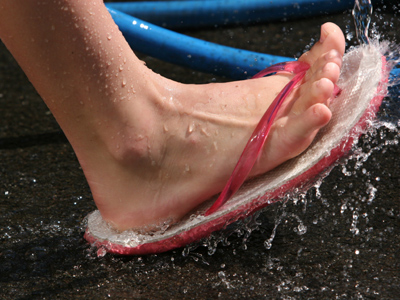
Personal Etiquette and Cleanliness
Personal etiquette and cleanliness includes hygiene.
Muslims throughout the world have extremely high standards of personal hygiene, because Islam places great emphasis on both physical and spiritual cleanliness and purification. While humankind in general usually considers cleanliness to be a pleasing attribute, Islam insists on it. Muslims are required to take care of their personal hygiene by ensuring that they are well groomed, and that their bodies, clothing and surroundings are clean. Prophet Muhammad (PBUH) informed his companions, and thus all of us, about the importance of cleanliness when he said, “cleanliness is half of faith.” (Saheeh Muslim)
The Quran is more specific and says, “Truly, Allah loves those who turn unto Him in repentance and loves those who purify themselves.” (Quran 2:222)
Allah mentions in the Quran: “O you who believe! When you intend to offer the prayer, wash your faces and your hands (forearms) up to the elbows, wipe your heads, and (wash) your feet up to the ankles." (Quran 5:6)
These three acts are among the hardest things for most people, but they are also the key to forgiveness and to paradise. Are they not the best, those who are able to exercise charity when they are in need themselves, control when they are angry and forgiveness when they are wronged.
This is the standard by which actions are judged as good or bad. By making pleasing God the objective of every Muslim, Islam has set the highest possible standard of morality.
Morality in Islam addresses every aspect of a Muslim’s life, from greetings to international relations. It is universal in its scope and in its applicability. Morality reigns in selfish desires, vanity and bad habits
Allah, the Exalted mentioned in the Quran: “Your Lord has commanded that you worship none but Him, and that you be kind to your parents. If one of them or both of them reach old age with you, do not say to them a word of disrespect, or scold them, but say a generous word to them. And act humbly to them in mercy, and say, ‘My Lord, have mercy on them, since they cared for me when I was small'.” (Quran 17:23-24)
Ready for more?
not all...
quizzers. Try to win a coveted spot on our Hall of Fame Page.








It is important to remember that Islam is a moderate way of life, we should not overindulge nor should we deprive ourselves of the delicious food that God has provided for us